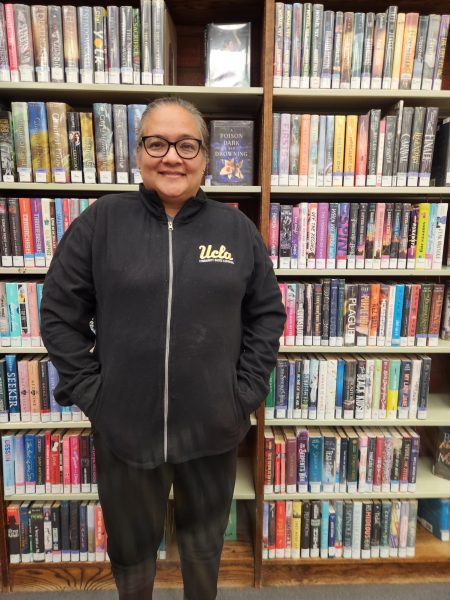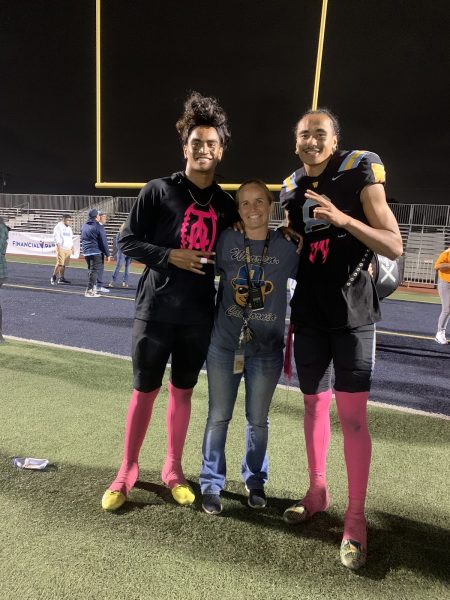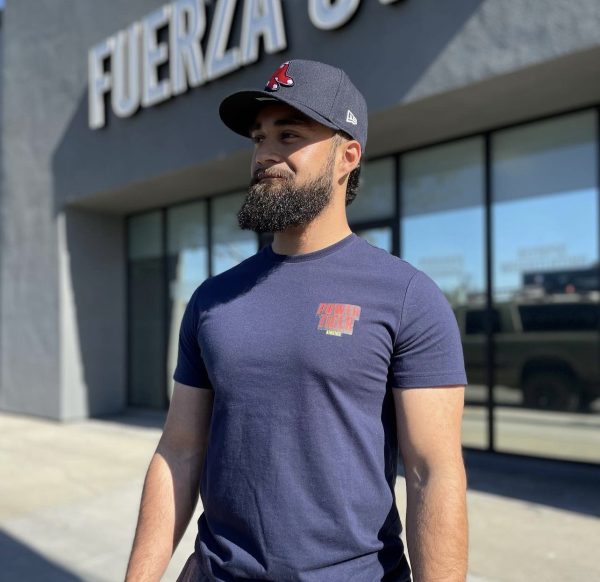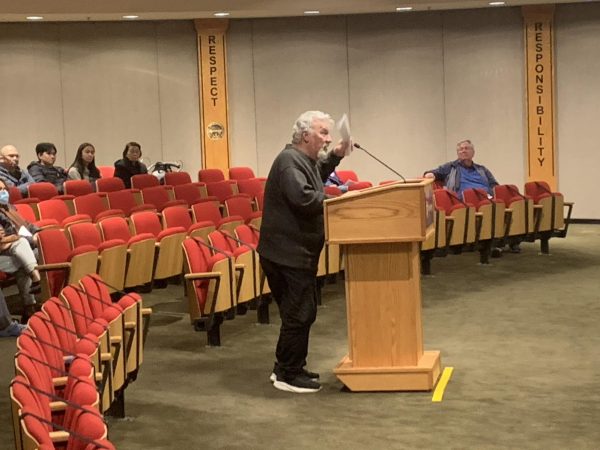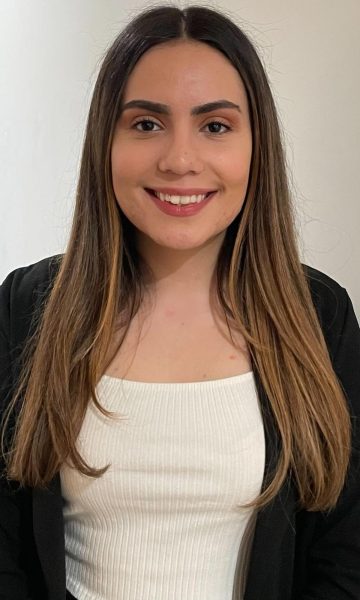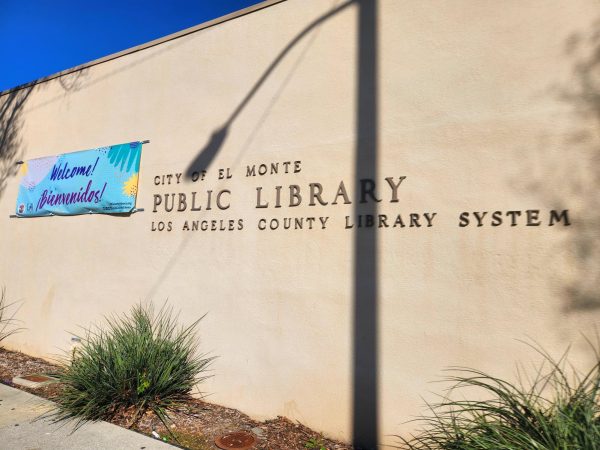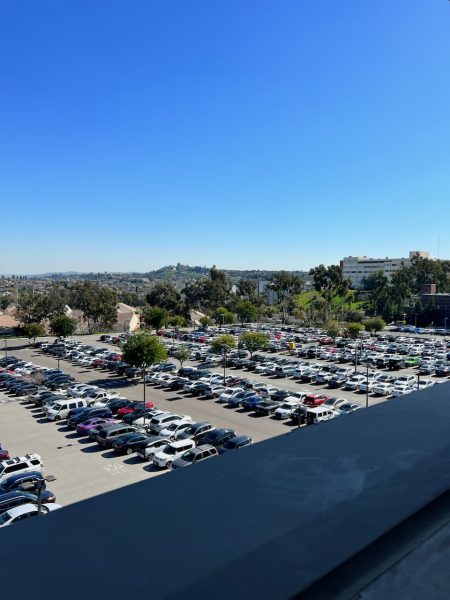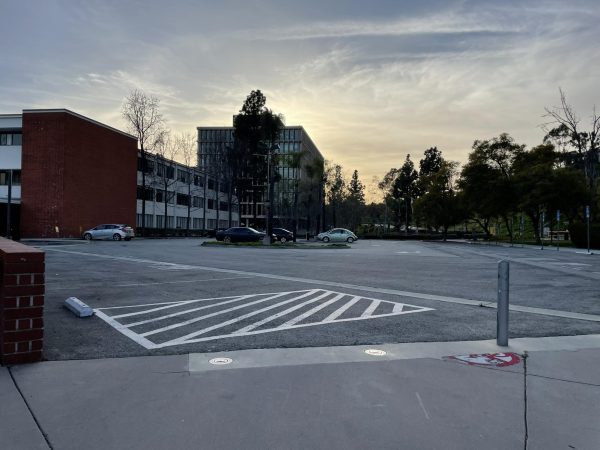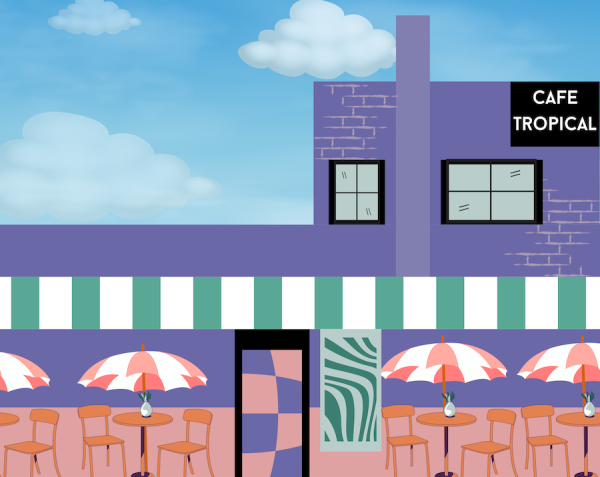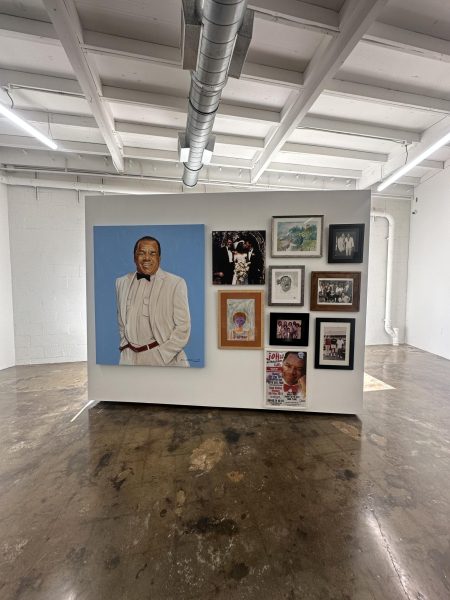ROCK: Building a solid foundation
Eagle Rock nonprofit starts offering community fridge
It started in 1996 to provide community services through the power of the holy spirit.
Since then, ROCK, a nonprofit in Eagle Rock, established a community center and a cafe, and now, even a partnership with Los Angeles Community Fridges.
The fridge opened in August of 2020 and gets about 450 visits from more than 250 community members per month, according to organizers.
Small start, early expansions
ROCK, short for Reaching Our Community Kids, is a faith-based organization that began as an afterschool program organized by Eagle Rock Baptist Church and Eagle Rock Covenant Church.
It officially became a nonprofit and after operating for a few more years out of church facilities, it secured its own space, a slate-blue colored four room facility featuring a learning center, coffee shop, office and 30-by-40 foot recreation room at the heart located at 4808 Townsend Ave.
In 2001, plans to further serve the neighborhood were hatched. Leaders transformed the recreation room into a multi-purpose community center that hosted Zumba classes, open mic and movie nights and alcoholics and narcotics anonymous recovery meetings.
“The motivation behind what we’re trying to do is to manifest the love of Christ,” said ROCK President Stephen Kia. “One thing Jesus said was ‘freely you have received; freely give’ so we have received his love and grace in our own lives, we want to give it freely. We want to make the love of Christ clearly seen in our community.”
Student involvement
The ROCK hosts work study students from Glendale Community College and Occidental College students as well as Parents, Educators/Teachers & Students in Action (PESA). Volunteers provide tutoring and counseling services to elementary, junior high and high school students at the ROCK.
PESA intern Cassandra Orozco has been a part of the ROCK community since October and has found a sense of belonging in her short time there.
“It has been really great. Steven is really great to work with and I’ve come to realize he’s very knowledgeable, not just about Eagle Rock, but knows a lot of different service providers,” said the intern social worker. “He’s helped me bridge the gap and connect with other local service providers within the schools and the clinic there in Eagle Rock, which has been very helpful.”
Growing income
ROCK’s space is rented out by recovery leaders and a zumba instructor.
Participants are charged $5 for zumba courses and a percentage is paid to ROCK as a rental fee, which is reinvested into the group. The alcoholics and narcotics anonymous groups pay ROCK $30 per hour for the space and individuals within the group pay forward a “collection” as part of a pay-your-own-way recovery.
As ROCK grew, the idea of a coffee shop came to mind as a way to self-sustain the nonprofit. After a few failed attempts to get the cafe up and running, Kia partnered with Ricardo Cruz, a former coffee farmer with connections in Guatemala, and in 2019 ROCK Coffee House was born.
Cruz is responsible for bringing in, roasting and packaging the coffee, which is done at Cafe de Leche in Highland Park alongside co-founder Matthew Schodorf.
Schordorf approached ROCK for a partnership shortly after the cafe opened. The long-term goal for ROCK Coffee House is to fund clean water projects in Nigeria where Kia’s parents worked as missionaries for 30 years.
Kia quipped that the catchphrase for the plan is: “Jesus turned water into wine; we turn coffee into water.”
The vision to clean water is slowly fulfilled one cup at a time by baristas like Ally Lang who serve an up-beat morale with hand-crafted espresso beverages that power zumba participants through their workout.
“I love this community. There is great energy,” said Lang, who is one year into her role at the coffee house. “Everyone seems happy and we have a good time.”
Although ROCK has found some longevity in providing for the community, the group is yet to reach the economic stability it aspires to. The nonprofit mostly relies on private foundation grants and occasional public funding like a recent $5,000 allocation by the offices of Kevin de León from the city’s general fund.
When Kia took over as president of ROCK’s board in 2006, he eliminated the executive and program director positions. Lacking the reserves to fund the two paid positions, the roles were absorbed into board positions and for roughly 13 years, all roles were strictly voluntary until coffee shop workers were hired to run the cafe.
Partnering with Los Angeles Community Fridges
In August 2020, at the height of COVID-19 business closures, LACF reached out to Kia about setting up a fridge and pantry outside the community center. Since ROCK was not able to operate indoors, Kia and his team were eager to find another way to provide for their neighbors in need.
Food insecurity affects 38 million Americans, according to the USDA. It’s no different in Los Angeles, where an estimated one in five Angelenos struggles with food insecurity, according to the Los Angeles Regional Food Bank.
“It was so nice to have someone approach us and say, ‘We still want to make this corner meaningful,’ a spot in the community where people still can come and congregate in a sense, but not indoors,” said Kia. “Saying yes to it was a no brainer, especially for the people that were struggling to make ends meet and [facing] issues with food security.”
LACF currently operates 20 fridges scattered across the county, 11 of which are also pantries, ranging from Palmdale to South Central Los Angeles. Sites with a pantry allow extra space for clothing and toiletry donations. The fridges are run by a group of volunteers who choose locations based on accessibility, foot traffic in the area and a reliable electricity source.
Community fridges prioritizes reputable organizations that are in “long standing” with their neighborhood and are enthusiastic to help sustain the life of the fridge.
ROCK members reflect, give back
Lydia Torres, who has lived in Eagle Rock for 28 years, recently donated 50 toiletry bags to the pantry with the help of her Zumba group. The ROCK holds a special place in Torres’ heart since her daughter dropped in routinely during her time at Eagle Rock High School.
“We are so blessed so we feel it’s important to give back,” Torres said. “We have always done that.”
Her daughter, Nina Torres, who currently serves on the Cal State LA Alumni Association board, recalls the meaningful times and warm approach she experienced during her time as a regular at ROCK from 2007 to 2009.
“As a young person, I felt that my voice and the voice of my peers were heard which isn’t always the case, so I believe that Stephen was a pioneer in that way,” said Nina. “He would ask us how we thought ROCK could be improved and what we wanted to see it become.”
Much of that vision has been achieved and Kia hopes to continue building on it.
More information about ROCK is available on the nonprofit’s website.
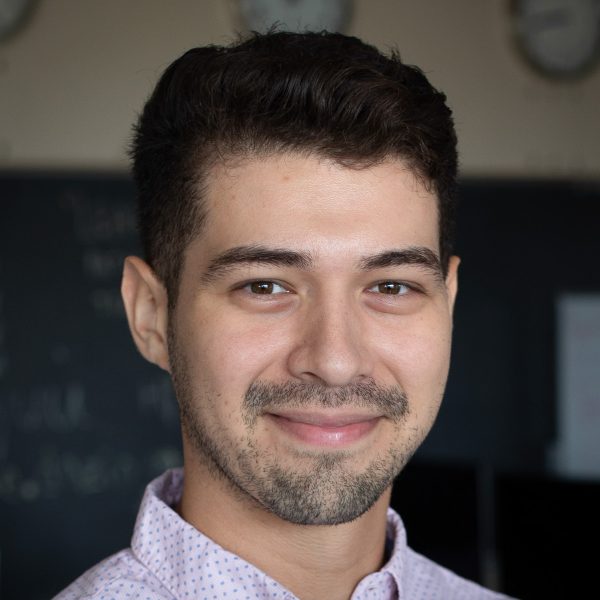
Marcos is a journalism major who focuses on news coverage of underreported people, communities and nonprofits on the Eastside and South L.A. He also has...

